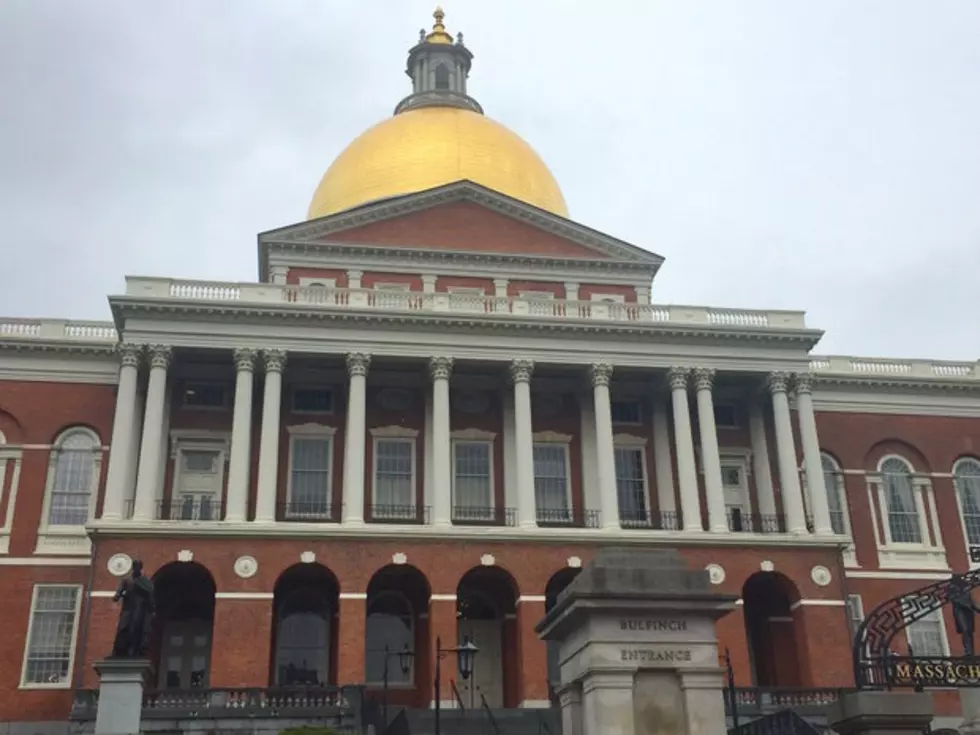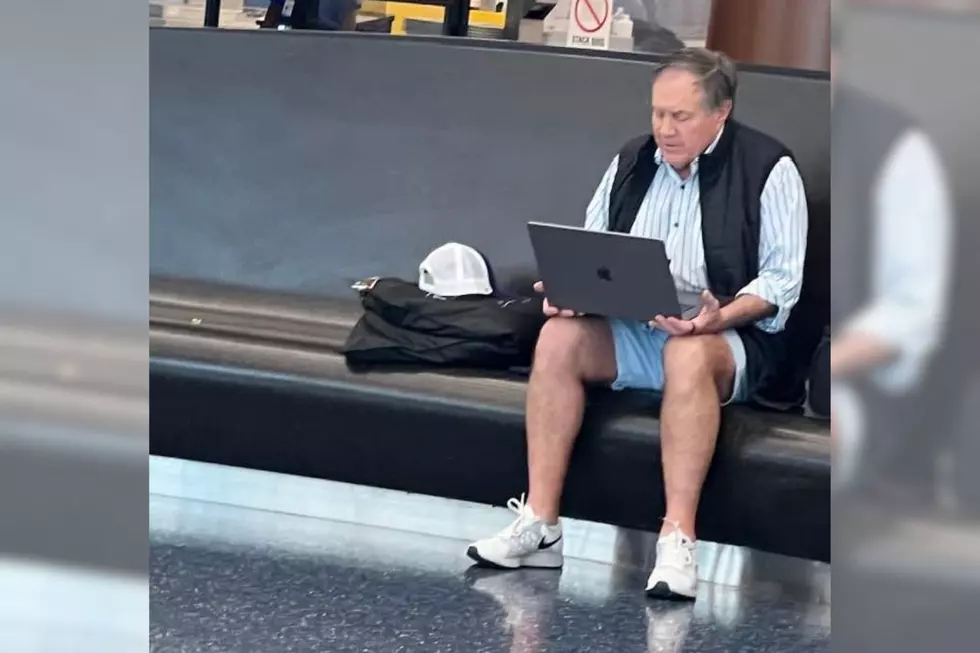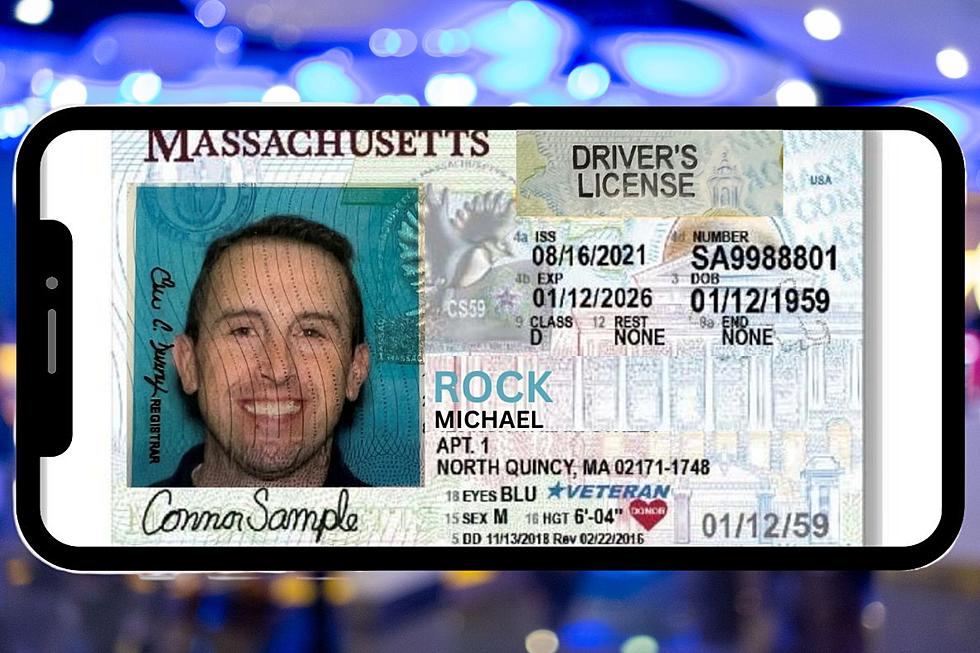
House Progressives Push for Higher Massachusetts Tax Revenues
With about a month remaining for formal sessions, more than three dozen House Democrats have grown tired of waiting for the Senate to take up a tax-and-fee bill raising new revenues for transportation, and are demanding action from their colleagues.
The House in early March approved new ride-hailing fees and new taxes on gas and corporations, but the House's roughly $600 million plan has stalled out in the Senate, where Senate President Karen Spilka has raised concerns about boosting taxes while there is so much economic suffering occurring due to the pandemic.
In a letter Monday, 37 House members led by House Progressive Caucus Chairs Rep. Tricia Farley-Bouvier of Pittsfield and Jack Lewis of Framingham said they have "grave concern" that the House bill is idling. The letter was addressed to Spilka, Senate budget chief Michael Rodrigues and all senators.
The representatives said new revenues are still needed for transportation investments, but now are also needed to help the state plug the gap between spending and tax revenues caused by the pandemic.
"The Commonwealth is now facing a staggering $6-7 billion revenue loss and the prospect of laying off thousands of teachers, social workers and human service workers if we cannot find a way to address this fiscal crisis," the lawmakers wrote. "We must instead explore a menu of options including tapping the Rainy Day Fund, maximizing federal aid, raising targeted progressive revenue, and possibly even borrowing."
In response to the letter, Sen. Adam Hinds, the Senate's Revenue Committee Chair, said a working group he is leading "remains focused on the revenue picture and potential action" and pointed to several Senate-passed bills that have not surfaced for votes in the House.
"As a member of the Senate Progressive Caucus, I'm proud of the Senate's track record of action on progressive causes," Hinds said in a statement to the News Service. "I appreciate the House members' legislative advocacy, just as the Senate will continue to advocate strongly for action on lowering the cost of prescription drugs, mental health reform, healthy youth, climate change legislation, and legislation relating to telehealth, surprise billing and scope of practice."
The House lawmakers said their argument "to raise further progressive revenue" had been weakened because the House's tax-and-fee bill hasn't advanced, and they asserted that the state faces negative consequences in its borrowing efforts and with interest rates without the approved new revenues.
"As policymakers, it is on us to find creative answers to difficult questions," they wrote. "There is never a perfect time to pass a tax increase, but as elected officials, it is our duty to act boldly and in the best interest of our constituents. We respectfully urge the Senate to take the opportunity presented by the House and act on raising revenue needed to fund both our transportation needs, the investments we promised in education and the many needs that the Commonwealth faces as we work our way out of this public health and economic crisis."
The House passed its transportation revenue package by a 113-40 vote on March 4, before the COVID-19 pandemic had hit Massachusetts with full force. Every House Republican voted against the bill, as did unenrolled Rep. Susannah Whipps and eight Democrats.
The bill (H 4530) seeks to raise up to $612 million a year for transportation needs by raising the state's gas tax by 5 cents, increasing the corporate minimum tax, raising per-ride fees on transportation network companies like Uber and Lyft, and requiring car rental companies to pay sales tax when they buy vehicles for their fleets.
Spilka has voiced interest in taking up an $18 billion transportation bond bill that the House passed the same week as the tax package, but in April, amid the economic fallout of the pandemic, said "I'm not certain that now is the time to be talking about taxes."
The status of the tax-and-fee bill was a flashpoint earlier this month in a House-Senate disagreement over the funding level for the Chapter 90 road and bridge program, typically funded at $200 million per year. When the Senate followed the House's lead in approving an extra $100 million for the program, House Speaker Robert DeLeo and his Ways and Means chairman, Rep. Aaron Michlewitz, questioned how the state would be able to afford the increased transportation spending without related new revenues.
"I don't think we can take a year off in terms of paying attention to this issue," DeLeo said on June 12. "Most importantly, as part of the House bill, we had a mechanism, we took the tough vote, in terms of making sure there was financing to back up exactly what we did."
Though the two branches ultimately settled on a $200 million allocation, Senate leaders had said they thought the higher bond authorization was affordable without new revenues.
Speaking on the Senate floor Thursday, Sen. Joe Boncore, the co-chair of the Transportation Committee, reiterated that stance.
"The FY '21 capital program stands at $4.798 billion, so a $100 million increase to Chapter 90 would really only represent a mere fraction of that figure," Boncore said. He added, "How we allocate and authorize our capital spending is really emblematic of the matters that we prioritize as a state and as a Legislature, and we all know the infrastructure needs on the municipal level for roads and bridges, and it's about time we begin to give them what they need to do while we're able to do it."
While progressives in the House are recommending new revenues, members of the Massachusetts Republican Party have been advocating against tax hikes. A memo the party distributed last week -- signed by state committee members, GOP activists, Sen. Ryan Fattman, eight state representatives, and state Senate candidates Jay McMahon, Matt Kelly, John Cain and Steve Hall, among others -- pledges to "oppose Beacon Hill tax hikes."
"In the face of great sacrifice on the part of many, our families have been playing by the rules set down by government since the coronavirus forced its way into our Commonwealth," the memo says. "Working families and small business owners have borne the brunt of state-ordered shutdowns and complicated bureaucratic regulations. We Republicans will not stand idly by when the Beacon Hill Democrats propose tax hikes that target the victims. Those families who have played by the rules of the shutdown must not now be punished with new tax levies."
Some public health experts have also pushed for Beacon Hill to embrace tax or fee increases rather than rein in spending amid the budget crunch.
Massachusetts Public Health Association Executive Director Carlene Pavlos told senators at a virtual hearing Monday that her group and their allies want to see "progressive revenue solutions over budget cuts" next fiscal year, warning that trimming spending could exacerbate homelessness, hunger and unequal access to public services.
"This is no time for an austerity budget that will only further deepen both the inequities due to structural racism and the inequities due to poverty, and it is no time for that in Massachusetts," Pavlos said. "So we are going to again be calling for progressive revenue solutions, and we really hope that the Legislature heeds those calls and again, puts money and budgeting where your values are."

More From WBSM-AM/AM 1420









